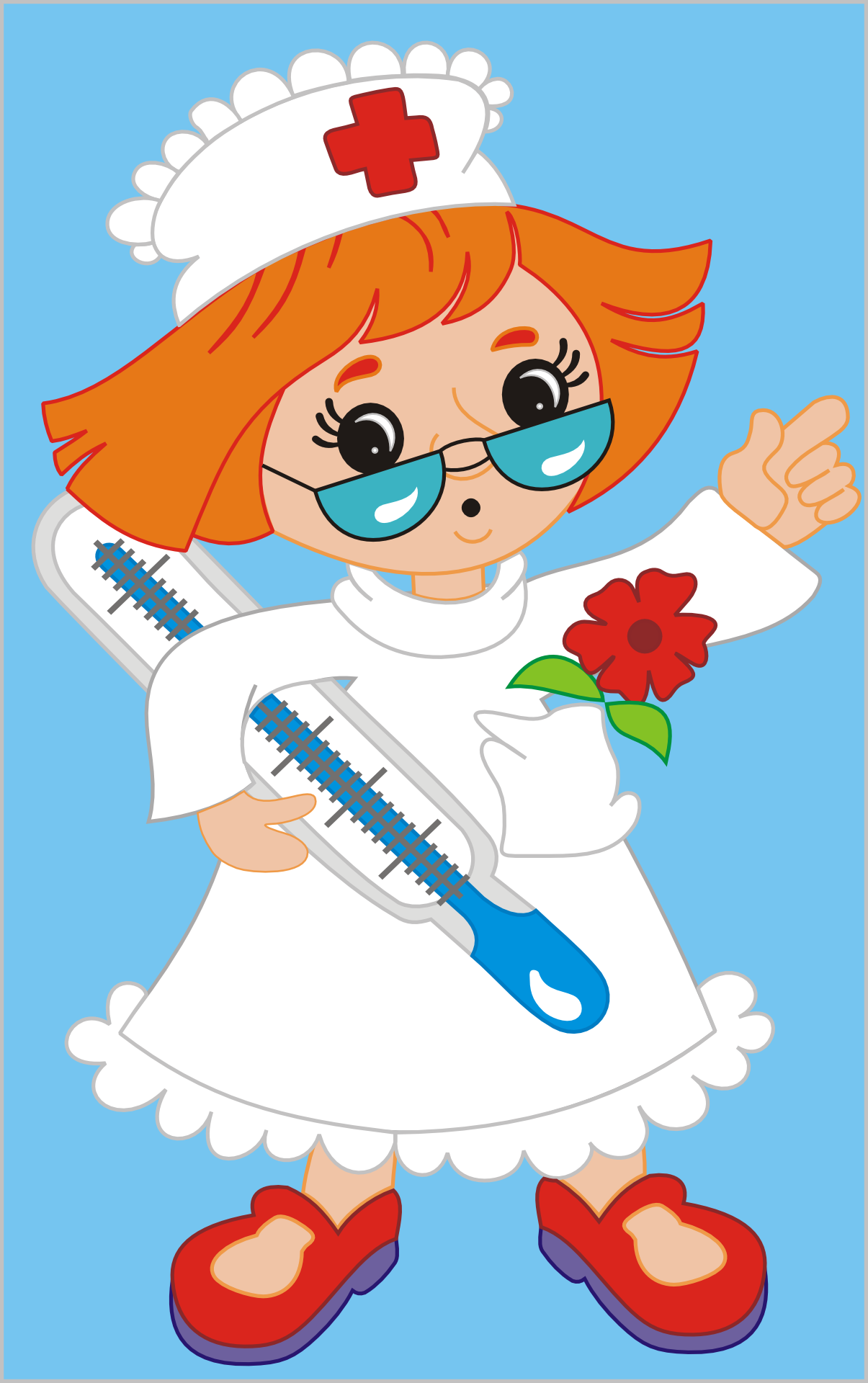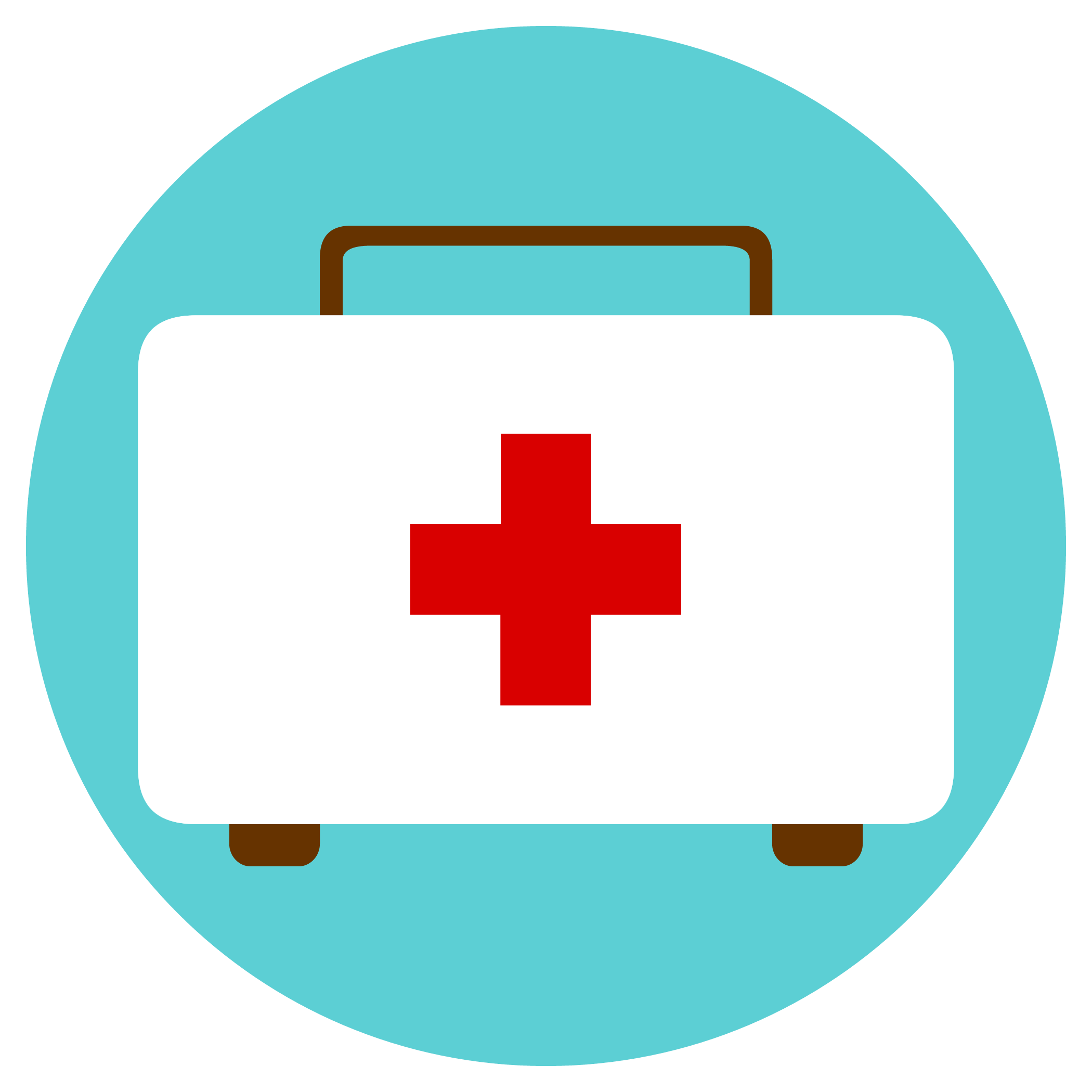Table of Contents
Simple nursing study guide: Nursing school is hard; there’s no doubt about that. And if you have responsibilities at home and work on top of nursing school, it might seem impossible to do all the studying you need.
How in the world are you going to read all of these chapters, let alone review your notes, study for the nursing exam, and remember all the important information you need to know for a successful nursing career?
The 1st thing to do is to breathe deeply. You can make it work. Planning, managing your time, and using study tips and strategies can help you figure out what you “need to know” and what you “would like to know” and help you remember more of what you learn.
1. Follow the simple nursing study guide

One of the best ways to get your nursing studies on track is to study for the NCLEX exam. When you look at a study guide, you can find out what parts of the nursing exam are most important and how the questions are set up. The licensing exam doesn’t cover everything you need to know as a nurse, but if you study for it, you’ll feel better on the day of the test.
2. Study a little every day
A week’s worth of study cannot be crammed into a few hours on the weekend. Commit to spending time on your nursing studies daily, even if it means breaking it into smaller chunks. You’ll feel less overwhelmed and remember more.
3. Concentrate on the material covered in class
simple nursing study guide: Each week, your instructors will assign several chapters to read and outside resources to review. Take a cue from your class time instead of carefully reading and outlining every word. What subjects does the instructor spend time going over? What are the main points of a class? Concentrate your efforts in these areas.
4. Think practical, not factual

Nurses must understand why certain conditions occur and what is physiologically in a patient. On the other hand, the patient is not interested in hearing those facts; he or she wants to feel better. When studying for the nursing exam, ask yourself, “How will this information help my patients?” You’ll be a better nurse and student as a result.
5. Form a study group
Research shows that students remember about 90% of what they learn when they study with their peers but only about 60% of what they hear in class and 10% of what they read when they study alone. Not only that but studying with others can encourage you and boost your spirits. Get together with two or three other nursing students (research shows that groups of three work best) and share study tips to help each other improve your classes.
6. Skim-read first
Reading is a big part of nursing school, but you won’t learn anything if you try to remember everything on the first try. Before you read a chapter, could you take a quick look at what it says? Look at the chapter’s headings, subheadings, highlighted words, and summary questions to determine which information is most important.
7. Make use of outside resources
Simple nursing study guide: Add to your learning in class with other resources. For example, if you’re learning about diabetes, check out WebMD, American Diabetes Association, and Mayo Clinic websites to know more. Do it before you read a chapter as a preview of your reading. Remember that your textbook and your teacher are the final, correct authorities.
8. Know your learning style
Everyone learns differently: some prefer to see information, others prefer to hear it, and others prefer to learn kinetically. As a result, everyone must figure out which study methods work best for them. Understand your style and use it to your advantage. Kinetic learners, for example, often perform best when they write their notes because the motion of writing helps them remember.
9. Use downtime as study time

Learning about nursing involves a certain amount of memorization. Make flashcards or notes to help you remember these things while doing something else. For example, you can put a card with your vital sign ranges on your bathroom mirror to see it while brushing your teeth. Those numbers will be so easy in time that you won’t even have to think about them.
10. Take breaks
simple nursing study guide: If you spend all your time studying, you’ll probably feel overwhelmed and won’t remember as much as you’d like. Ensure to take breaks often so you don’t lose interest or motivation. Sometimes, a quick change of scene can give you a boost and help you remember more.
Getting through nursing school is a big commitment, but you can do it easily if you have a plan, good study tips, and the right way to study.
Simple nursing study guide: NCLEX Pre-Exam Checklist
Simple nursing study guide: Preparing for the NCLEX exam is exciting. You are very close to starting your career as an entry-level nurse. We’ve made a list of the things you need to do before you take the NCLEX exam:
1. 6 Weeks before Graduation: Apply for the NCLEX
About 6 weeks before you finish nursing school, your school will send you an application. You will fill out the forms and pay your nursing school the fee for getting a license. Before you sign up, you should look over the NCSBN Candidate Bulletin.
2. Register for the Exam and Pay Associated Fees
The 2nd step is to sign up for the NCLEX with the company that runs the test, Pearson VUE. People can sign up online or over the phone. Once you start the process, it will stay open for a year while your state’s Nursing Regulatory Board checks to see if you are eligible.
3. Find a Testing Center and Schedule Your Exam
After registering for the NCLEX with Pearson VUE and applying for a license with your state’s Nursing Regulatory Board, Pearson VUE will send you an email with an authorization to test (ATT).
You must take the test before or after the dates listed on the ATT email. At this point, you can make an appointment to take the test with Pearson VUE by going to pearsonvue.com or calling Pearson VUE directly at 866-49-NCLEX/866-496-2539 or 866-288-8454/952-905-7407.
4. Simple nursing study guide: NCLEX Study Tips
We want to assist you in being well-prepared for your NCLEX. We’ll give you hints, tips, and other resources based on your learning style. Here are some top tips for everyone:
5. Don’t cram!
Whatever study plan you devise, please don’t leave it until a week before your scheduled NCLEX. Research shows that cramming makes it harder to pay attention and remember things. It’s also hard and makes test anxiety worse. Students who cram don’t get enough sleep, which alters their brains and makes them fail.
6. Space out your study sessions
According to psychologists, if you study something twice, you will remember it better. The “spacing effect,” defined in 1850 as studying and waiting between sessions, leads to long-term memory. Words, images, and skills can all benefit from the spacing effect. It is appropriate for all ages and disciplines. It’s one of the reasons flashcards are so effective.
7. Use mnemonics
A mnemonic is a memory technique that helps you retain & recall information. To help you remember something, it’s usually a short phrase or an acronym. “All Dogs Eat Kibble” is a good way to remember which vitamins are fat-soluble. A, D, E, and K are fat-soluble vitamins.
8. Get plenty of sleep

Active study techniques and frequent review of material improve memory and recall. Sleep is also important for memory because it allows the brain to consolidate and store what we’ve learned throughout the day. You’ll want to be well-rested on the day of your exam, but quality sleep is also important now.
9. Don’t let experience influence your answers.
You had the opportunity to practice new skills during your clinical rotations. If you came to nursing school with previous healthcare experience as a CNA, LPN, or tech, you’ve probably noticed that classroom learning doesn’t always correspond to day-to-day reality.
Perhaps your previous jobs performed procedures in a different but equally safe manner. DO NOT USE YOUR PAST TO ANSWER NCLEX QUESTIONS. “But that’s not how we did it…” is not an option. The questions must be answered as if you were practising in a “perfect world.”
How to Structure Your Study

- Set a schedule. Pick which days and times of the week you will study for the NCLEX. Commit to them as if they were classes, and start as soon as you can, start six to eight weeks before your test. People can study for different amounts of time, but experts say 2–4 hours a day is the best.
- Practice, practice, practice. To study for the NCLEX, use a complete study tool. There are a lot of practice tests available. Each time you take one, the questions and answers will be in a different order. There are different ways to take the tests, such as by category, type of question, full tests, or as a practice for the NCLEX.
- Be grateful for mistakes. No one ever gets every answer right. Use these to help you focus on what you need to learn more about. Make a list of the questions you get wrong: Are there recurring themes? Is there a category of Client Needs that deserves more attention? Do SATA questions trip you up? Think of these as opportunities to get better.
- Use active study techniques. To study actively, you have to do more than just read and mark up pages in a book. Depending on how you learn, you could rewrite notes or topics in your own words, make sketches or graphs, act as a teacher and explain the content, listen to music while you study, or try a different setting.
- Start a study group. If other students are willing and able, it can be helpful to work together. You can test each other, ask for explanations, give lessons, make hints and tips for remembering facts, and hold each other accountable. Even if you only get together once a week, in person or on a conference call, it’s good for everyone.
- Find every resource. You can get information from a lot of different places. Use your textbooks and your notes from class. You can see the questions on your test list by downloading the RN or PN Test Plan from NCSBN. Use reliable sources like the CDC, PubMed, MedlinePlus (U.S. National Library of Medicine), and Johns Hopkins to find different ways to explain a topic.
Consumer articles from places like the Mayo Clinic or the American Heart Association can give you information that is easy to understand. You can get review books for the NCLEX from publishers like Lippincott, Saunders, and others at bookstores or on Amazon.com. There are also short lectures and demos on YouTube.
What to Do on Your NCLEX Exam Day
Simple nursing study guide: You’ve studied, and you’re sure you can read the test questions, figure out what they’re asking, and choose the best answer (s). The NCLEX is the only thing between you and your nursing license.
Simple nursing study guide: Here are a few tips for the big day:
- Plan your test for the “best time of day” for you. If you like to get up early, go to the test centre as soon as it opens. If you like to sleep late, choose the afternoon time.
- The night before, you start getting ready. You already know not to cram at the last minute. Eat a healthy meal for dinner, go to bed early, and get a lot of good sleep. Set a reliable alarm. Eat a good breakfast even if you’re nervous when you wake up.
- Know the rules for the NCLEX candidate test. Knowing what to expect and what can stop you from taking the test.
- Dress in layers to adapt to the testing centre’s temperature. You will have to leave your hats, coats, scarves, and gloves outside the testing room unless you need them for religious or cultural reasons.
- Come 30 minutes early to the exam. If you’re more than 30 minutes late, you might have to give up the exam and sign up for it again (including fees).
- Bring your photo ID with you. This has to match up with the information you gave when you signed up. You will also have to give your signature, a photo, and a biometric scan of your palm veins.
- You need to bring some water and snacks. The test could take up to 5 or 6 hours. During breaks, it’s a good idea to bring water and your favourite snack. You can’t bring food, drinks, gum, or sweets into the testing room, but you can get them during a break.
- After you finish the NCLEX, you will fill out a short survey. Then you can put up your hand, and the person in charge of the test will let you go.
What happens after the NCLEX

Simple nursing study guide: First, calm down! You did the best you could, so now you can spend more time with your friends and family. If your Nursing Regulatory Board uses Quick Results Service, you can get your “unofficial” results in two business days. The cost is less than $10. The Pearson VUE NCLEX Candidate website has more information.
In about 6 weeks, you will be able to get the official results from your Nursing Regulatory Board. You’ve taken the NCLEX, but do you still have questions? A Document from NCSBN tells you more about the test day and what to expect when your results come in.
How to Retake the NCLEX If You Fail the First Time
Simple nursing study guide: If you did not pass the NCLEX, you would receive a Candidate Performance Report (CPR) outlining your strengths & weaknesses in the content areas based on the NCLEX-RN or NCLEX-PN Test Plans. This report will help you prepare for your next exam.
According to NCSBN policy, you can retake the exam 45 days after your last NCLEX. Most Nursing Regulatory Boards allow you to retake the exam up to eight times per year, with a 45-day break. Some states limit the times you can take the exam in a year, so check with your state’s Nursing Regulatory Board.
Here’s what you need to do to take the NCLEX again:
- You can contact your Nursing Regulatory Board any time to get the forms and information you need to re-register.
- Each Nursing Regulatory Board and NCSBN determine the time between examinations. Per NCSBN policy, you’ll need to wait for a minimum of 45 days between exams.
- Sign up for the test through Pearson VUE and pay the fees. When enough time has passed between exams, you’ll get a new valid Authorization to Test (ATT).
- Schedule your exam with Pearson VUE
Final words: Simple nursing study guide

You’re ready to start your professional life as a nurse. It’s a great time to start a new job. You have more choices and chances than people did in the past. Being a nurse is demanding yet rewarding. This simple nursing study guide will help you once you go thoroughly through it.
The Gallup Poll’s list of “most trusted professions” always puts nurses at the top. People think nurses are more honest and have higher moral standards than doctors and pharmacists. Being a nurse puts you in a proud line of people. We wish you happiness and success!


